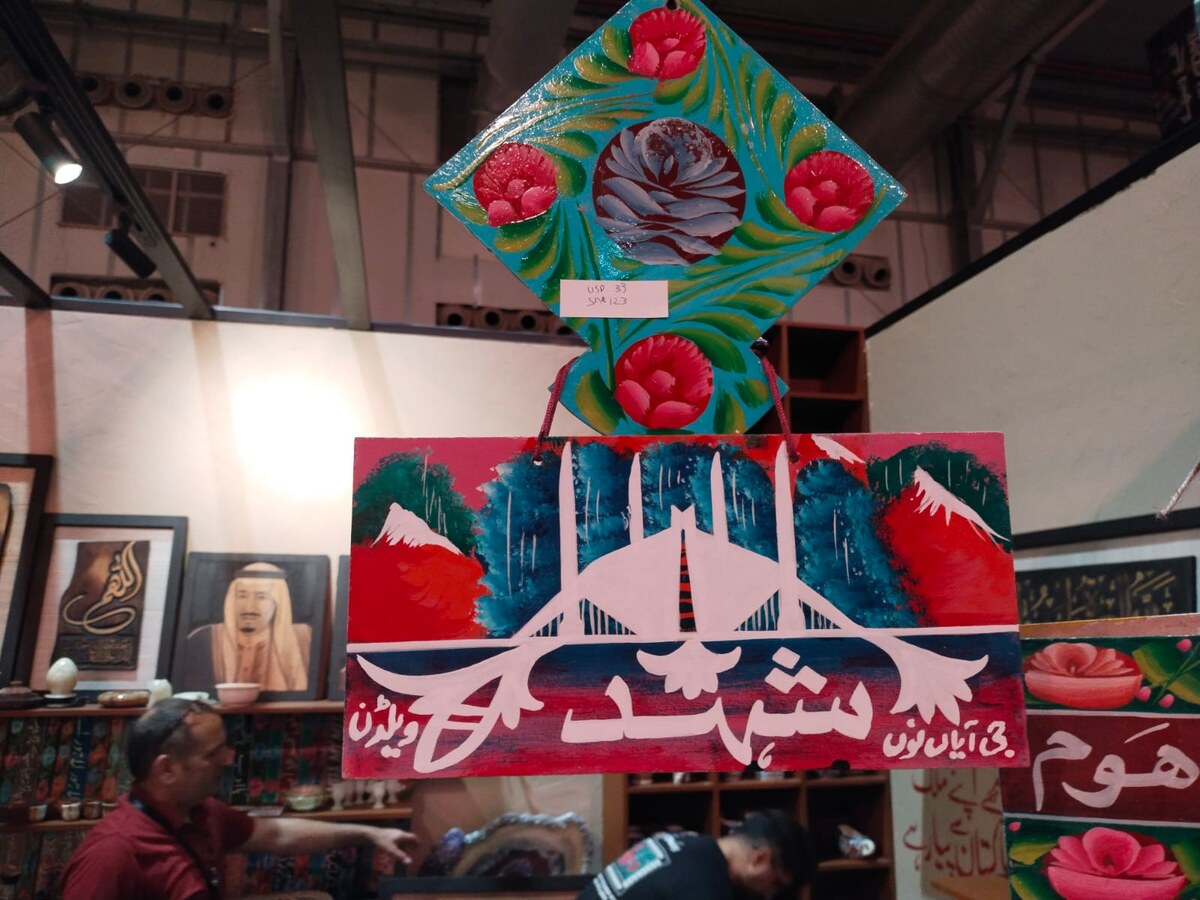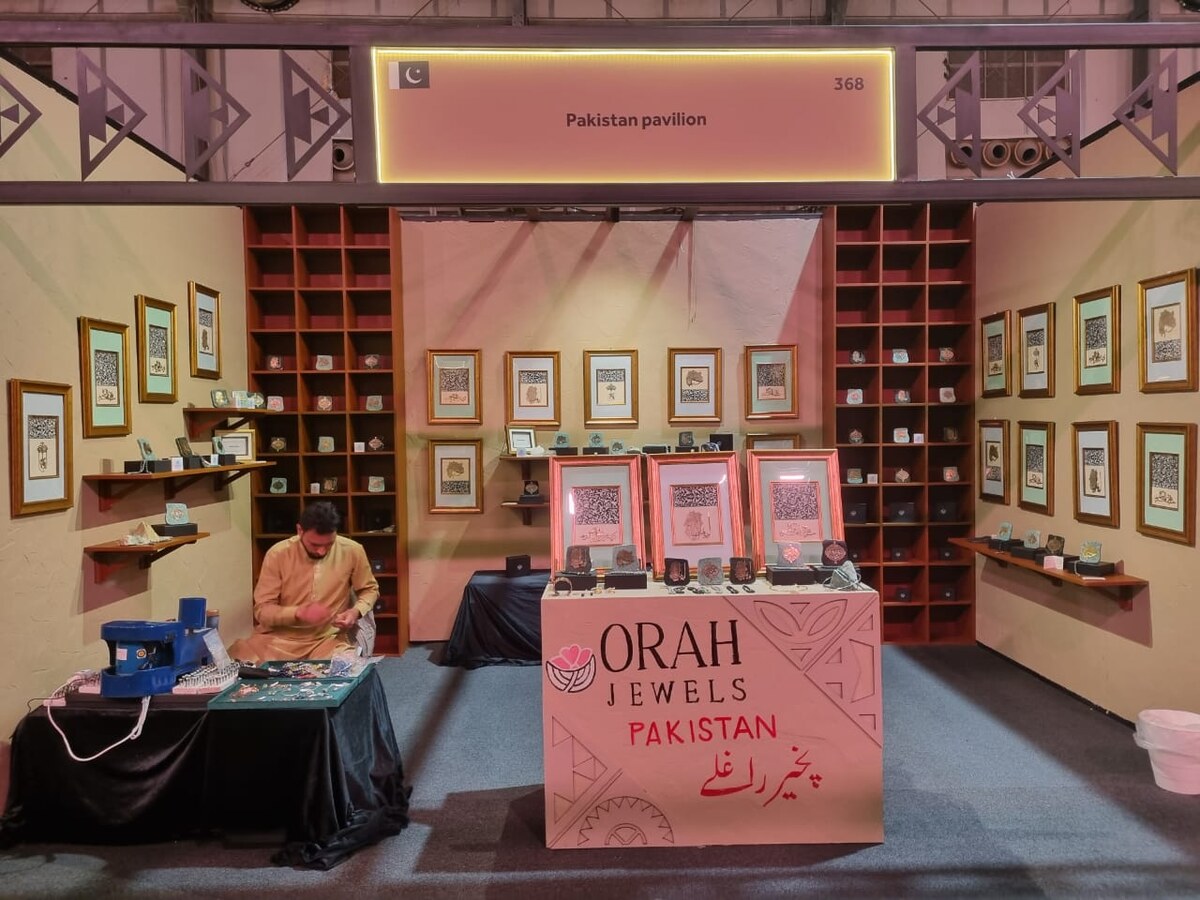KARACHI: A Pakistani humanitarian organization, Heritage Foundation, plans to build low-cost communities and rehabilitate one million households affected by recent floods in the country within a year, said its founder earlier this week.
Pakistan is still trying to deal with the impact of the unprecedented monsoon rains and flash floods which affected over 33 million people, claimed more than 1,700 lives, and destroyed over 2.2 million houses, making the country suffer about $30 billion in losses, according to official estimates.
“It is well known that Pakistan is among the most at-risk and vulnerable countries of the world,” Yasmeen Lari, chief executive officer of Heritage Foundation Pakistan, said on Monday while addressing an event in Karachi. “A major part of the country is situated on fault lines or in the path of melting glaciers, facing risk of torrential rains as experienced in 2022.”
Lari, Pakistan’s leading female architect, shared the model to build accommodations for the rehabilitation of one million families at a low cost of Rs40,000 per unit within a year.
“I believe in social and ecological justice,” she continued. “Whatever we do should benefit the poor and at the same time we should not hurt the planet in any way. Over 33 million people have been affected [by the recent floods] and we have to house at least 3-4 million families at least in a year.”
Lari said a lot of rebuilding work had been carried out in disaster-hit areas in the past, but several factors were overlooked which made it difficult to ensure the sustainability of the implemented strategies.
Besides, she noted, the high-carbon urbanized models introduced in low-carbon environments contributed to environmental degradation in many areas.
Lari said her own model of barefoot social architecture recovery and rehabilitation — which emphasizes co-creation and carbon-neutral materials — was currently being implemented in several areas.
The alternative model had been developed to demonstrate the capability and strength of community-led initiatives which required one-fifth of the cost of usual high-carbon conventional construction.
“By using the combination of bamboo and lime, strong and resilient structures have been built by us which have withstood the onslaught of heavy rains and flooding,” she added. “These are most appropriate for dealing with the aftermath of the present deluge.”
The proposal being presented is to meet a target of one million, one-room cottages along with other amenities as well as disaster preparedness at a minimal cost of Rs40,000 per household.
Safeeyah Moosa, chief executive officer of Spiritual Chords, a South Africa-based organization which works for the upliftment of underprivileged societies and is also engaged in flood relief efforts in Pakistan since 2013, said the model presented was self-sustaining and low-cost which made it possible for people to build their own homes.
“Our ethos is to fund dignity and to capacitate skilled people because then they can manage their own without us,” she told Arab News on the sidelines of the event.
Asked how she would describe the situation in the flood affected areas, she said: “It is heartbreaking and it is very devastating. But there is also much hope in the middle of the devastation.”
Moosa pointed out that people living in the flood affected areas were poor, but their poverty had nothing to do with the recent natural calamity.
“Why did it take floods for us to notice their poverty because they were poor before the floods and all they needed was dignity and some skill training,” she asked. “Why we didn’t do it before?”
Zafar Masud, chief executive officer of the Bank of Punjab, said at the event a financing model would be devised to support the flood affected people of Sindh.




















